Inevitable EU recession strikes again
Multiple crises are making it difficult for the European Union to finance new projects. The crises include the conflict in Ukraine, migration and energy supply shortages as well as rising energy costs.
According to a report by the German magazine Handelsblatt the block lacks the capacity to finance important new initiatives without cutting up essential projects.
Escalating interest rates have added pressure to the EU's long term budget already squeezed by the crises; it also notes that the crises are overwhelming the financial resources of the European Union, making the budget reserves "practically exhausted".
According to the report, there is little willingness among EU nation states to cover the cost of the single budget.
That is especially true for Germany, which is the most important contributor to the Union. It also says the European Union cannot become a geopolitical power because of being confined to a rigid mandatory spending.
The report pointed out that the block has a lot of mandatory spending, which leaves us with less than €30 billion a year to support Ukraine, accelerate the energy transformation, strengthen the chip industry, boost domestic clean tech production, open up new sources of raw materials, and, counter China's Silk Road initiative.
Really disturbing to me is that we looked at the figures of social investment over the past ten to fifteen years investment in education, in health, in early childhood support, and other such investments in people.
And those investments have been declining systematically since 2009.
Despite there being overall economic progress, that, apparently, has not been a concern for the EU governments and so I really question the priorities they set for themselves. I am concerned that the spending, on those social investments I mentioned, in percentage of the GDP, have been declining over the years.
And the reason for this is economic austerity. This is now an orthodoxy that we should really dump and rethink significantly.
Olivier De Schutter, UN Special Rapporteur on Extreme Poverty and Human Rights
Meanwhile, figures from the EU statistics agency, Eurostat, show the Eurozone entered into a technical recession at the start of the year, the economy shrinking by 0.1% for a second consecutive quarter.
Euro stat revised down an earlier forecast which had predicted slight growth after the European economic powerhouse Germany announced last month that it had fallen into a recession.
I mean it's a big part of the European economy, it's about a quarter of the whole of the European Union's output and it's the world's fourth largest economy but but it does you know trail the others by some distance.
Paul Hannon, Wall Street Journal, Finance Editor
Germany is considered to be the EU's economic powerhouse but the country is now suffering from an economic slowdown.
According to data from the country's federal statistics German factory orders fell sharply in April in machinery, equipments and miscellaneous vehicle production.
Overall new orders in manufacturing fell by 0.4% from the previous month.
In March they plummeted 10.9% compared to February that was the biggest fall since April 2020 during the COVID 19 lockdowns
If you went back to last summer, in the months after Russia invaded Ukraine, the German economy looked very very likely to enter a recession over the winter months.
It's very reliant on natural gas imports from Russia for heating, for running its factories.
The outlook is not great.
It does not look as if Germany is going to suddenly bound back into strong growth.
Paul Hannon, Wall Street Journal, Finance Editor
The drop covered sectors like machinery and equipment manufacturing, and vehicle construction, which includes ships, trains, aircraft and spacecraft. These sectors had a particularly strong negative impact on the overall statistics.
New orders in the consumer goods and capital goods sectors also dropped by 2.5% and 1.7% respectively. Analysts attribute the drop in manufacturing orders to elevated prices and tight monetary policy which are dragging down demand.
The German economy ministry has said that the country's "export oriented economy is suffering particularly from the still weak global economy and the decline in orders from the euro area".
According to official data, Germany has now entered a technical recession a drop off in spending by inflation hit consumers was one of the main reasons that Germany fell into a recession in the first quarter.
It is now believed that the recession in Germany could be a sign of further deindustrialization in Germany and in Europe.
A growing number of businesses in Germany are moving jobs and production abroad. According to a study by the Federation of German businesses, 16% of the medium sized companies have already initiated steps to relocate parts of their business and another 30% are considering following suit.

US B-52 bombers in West Asia do not scare Iran

Palestine Solidarity Campaign director on trial

‘Doctors Against Genocide’ demands US Senate stop Trump
VIDEO | Gazans striving to survive with bare hands
'Shocking attack on free expression': Canadian politician slams arrest of pro-Palestine activist
West Bank Palestinians fear Gaza style destruction as Israel escalates raids
Hamas: Ibrahimi Mosque massacre testament to Israel’s criminal policy
Trump eyes Ukrainian rare earth minerals in exchange for military support to Kiev
Six Gaza children, including newborn girl, die of cold weather as Israel blocks aid
Iran rules out nuclear talks with US amid ‘maximum pressure’ campaign
Israeli tanks roll into West Bank first time in 20 years as prelude to forcible annexation


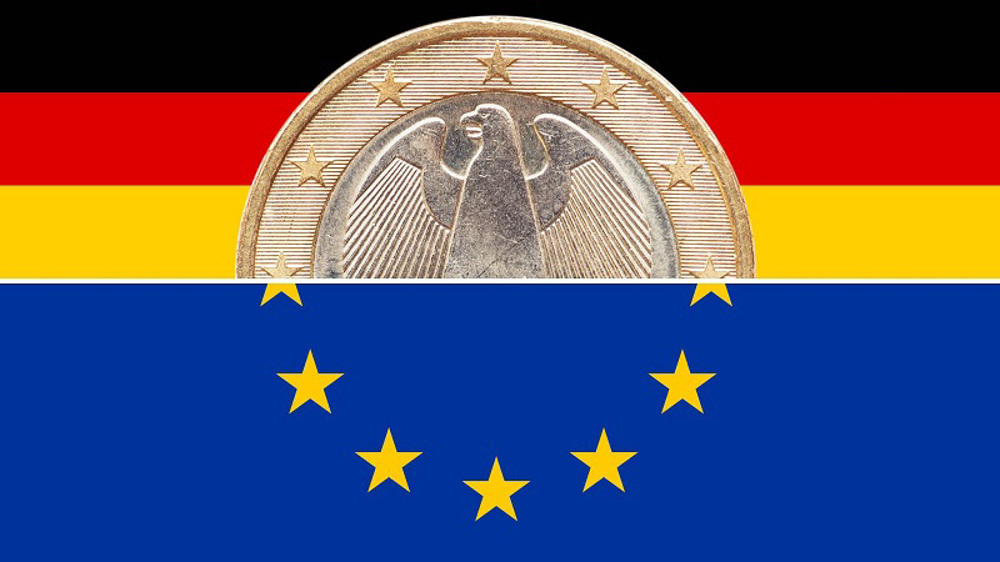
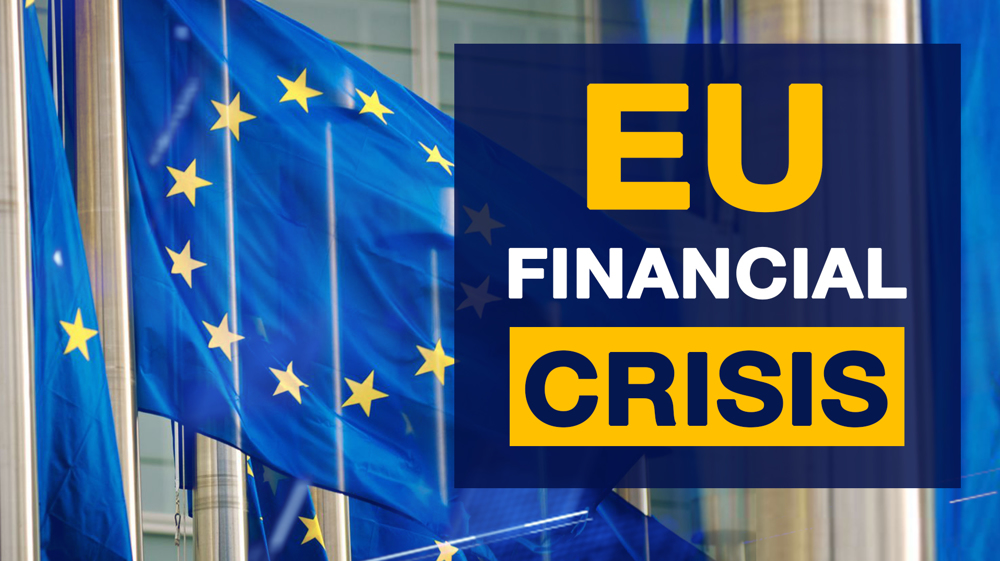
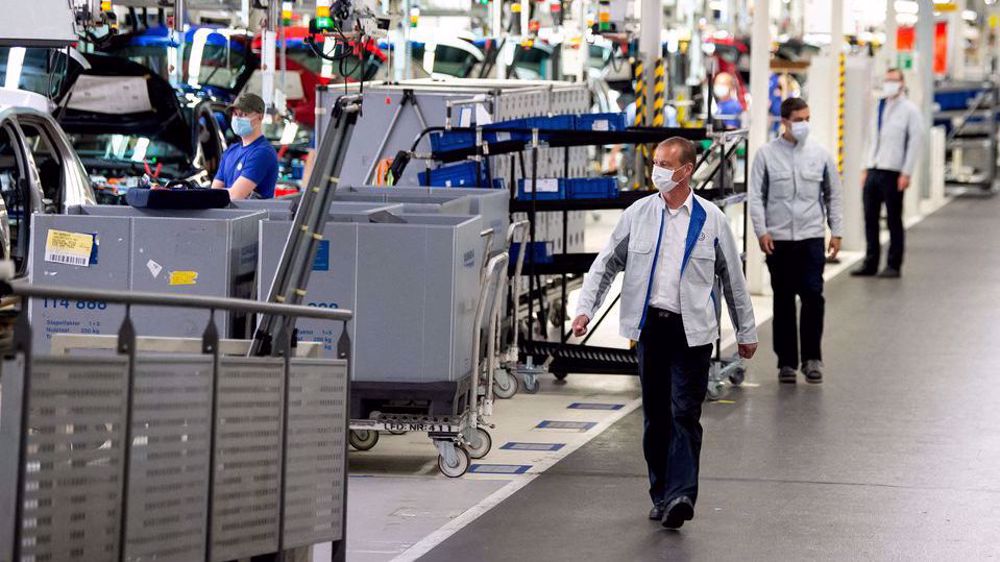

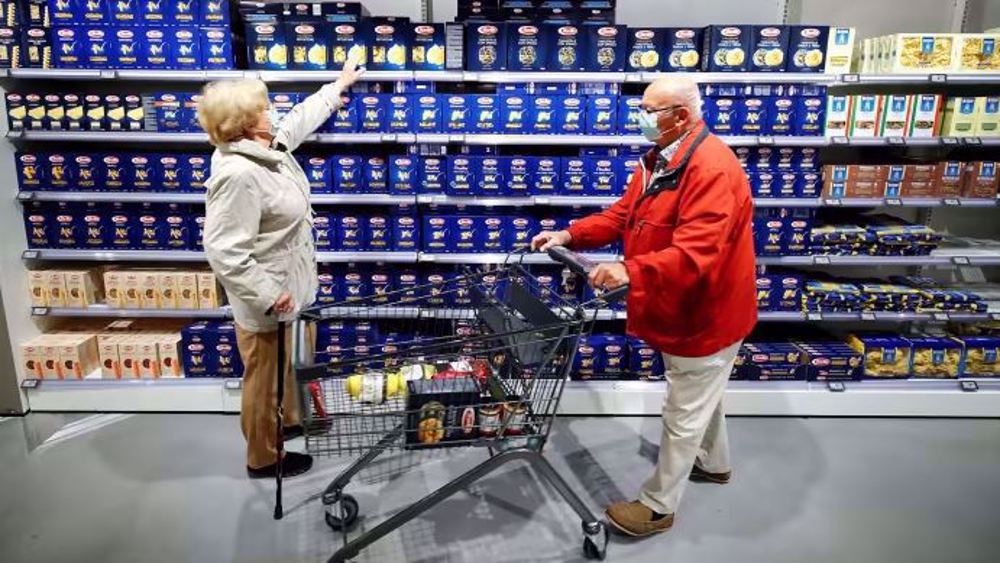
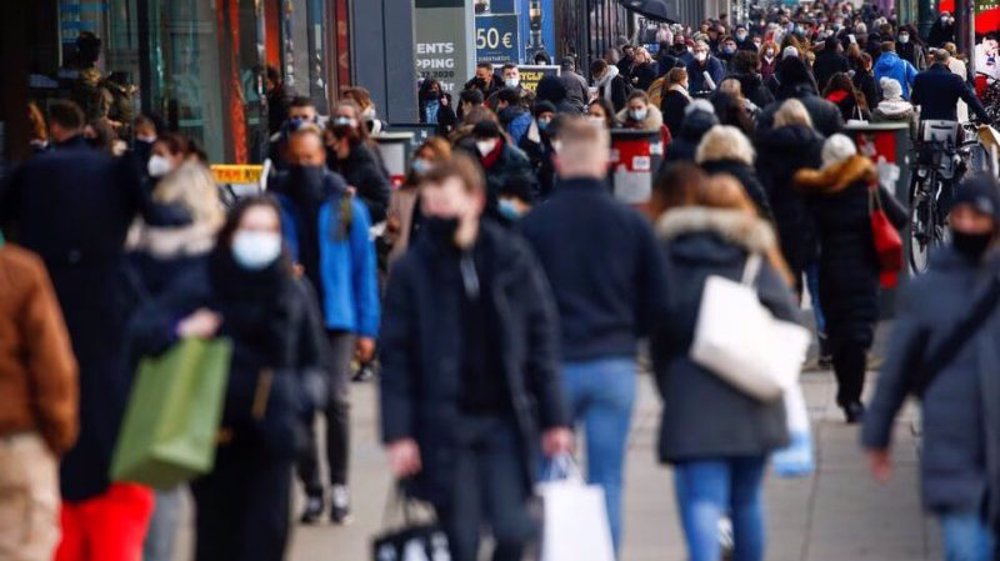
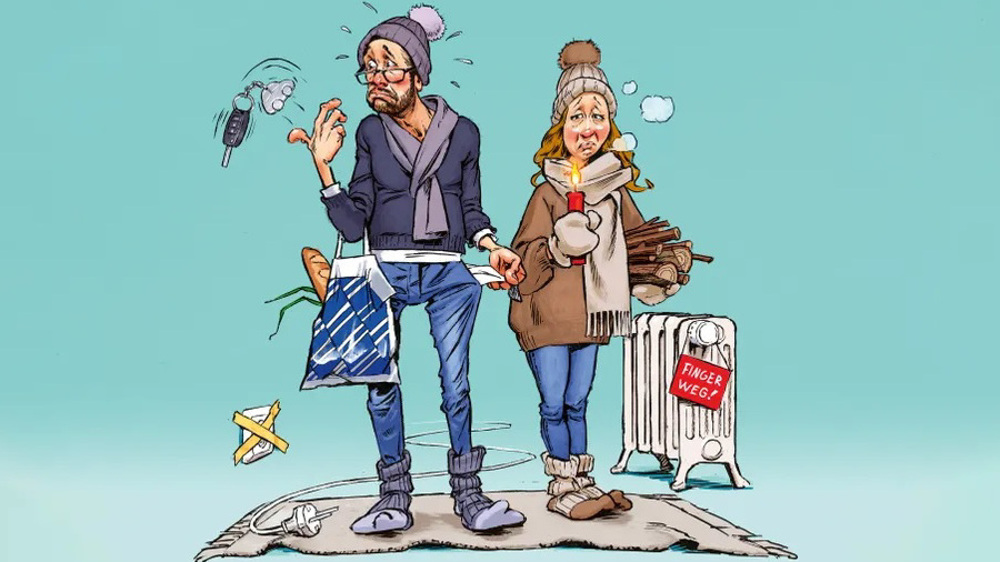




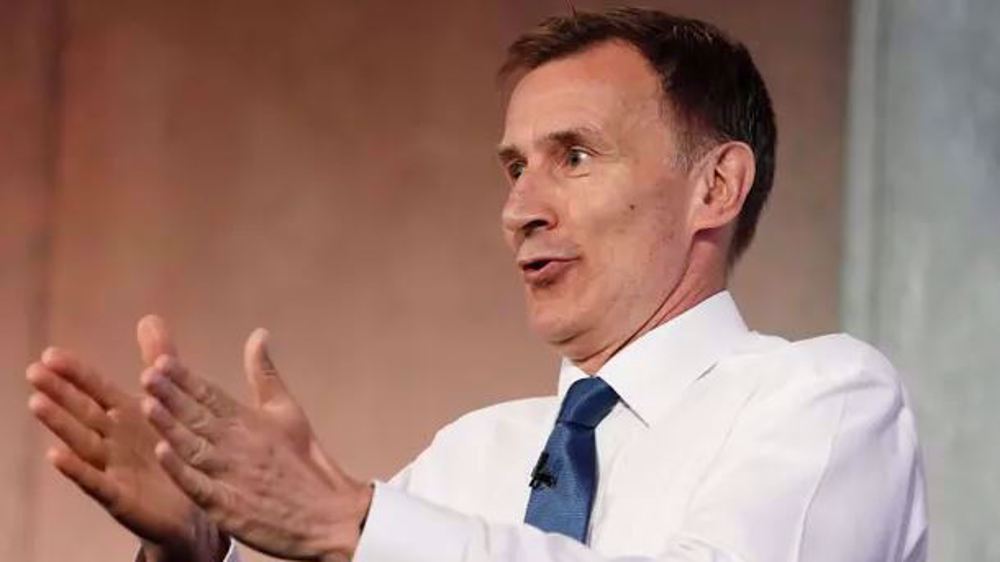
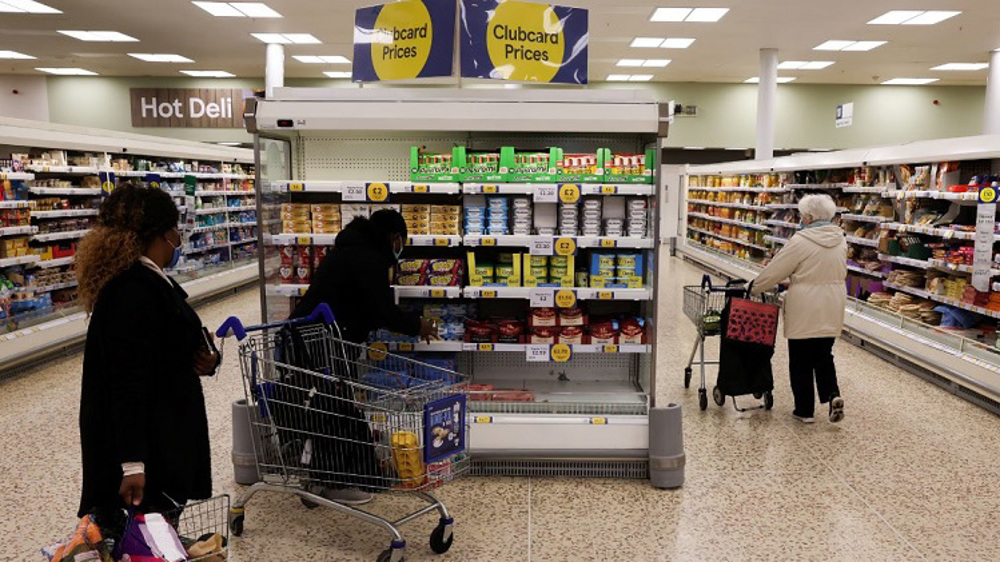

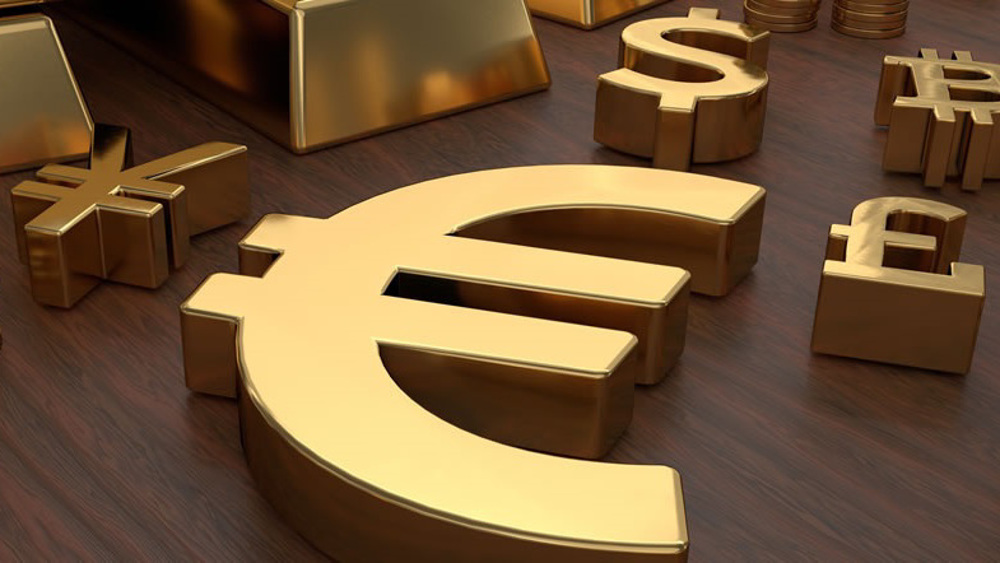


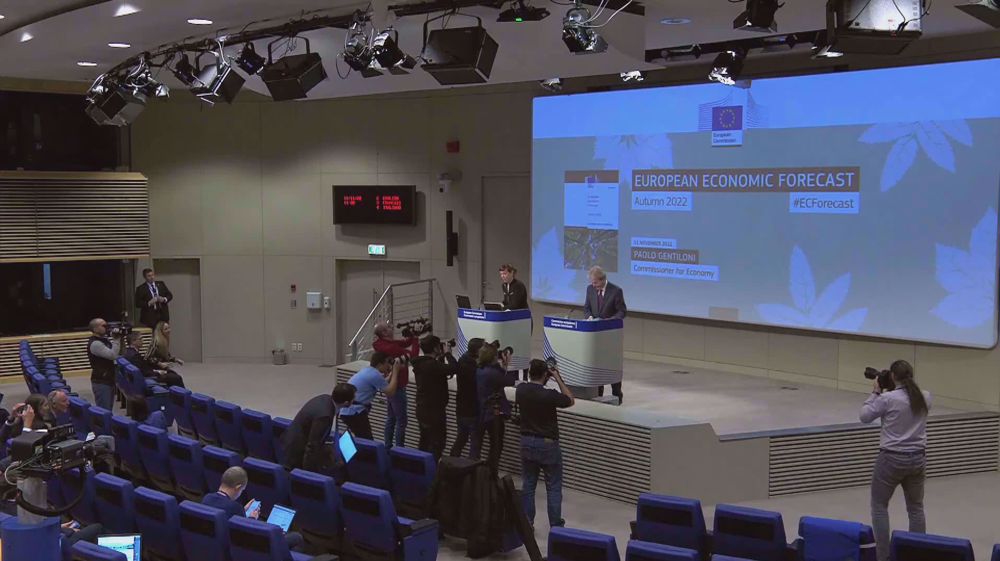
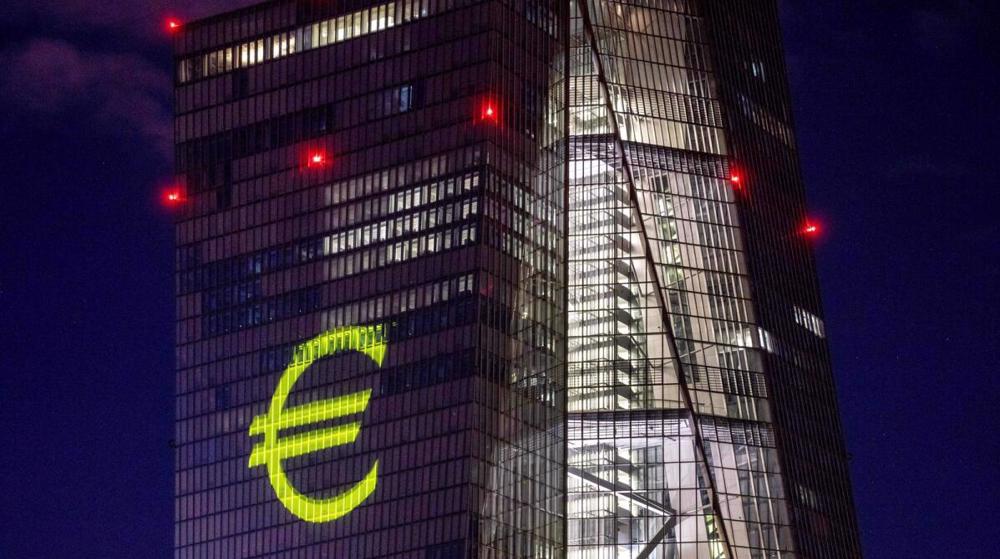

 This makes it easy to access the Press TV website
This makes it easy to access the Press TV website